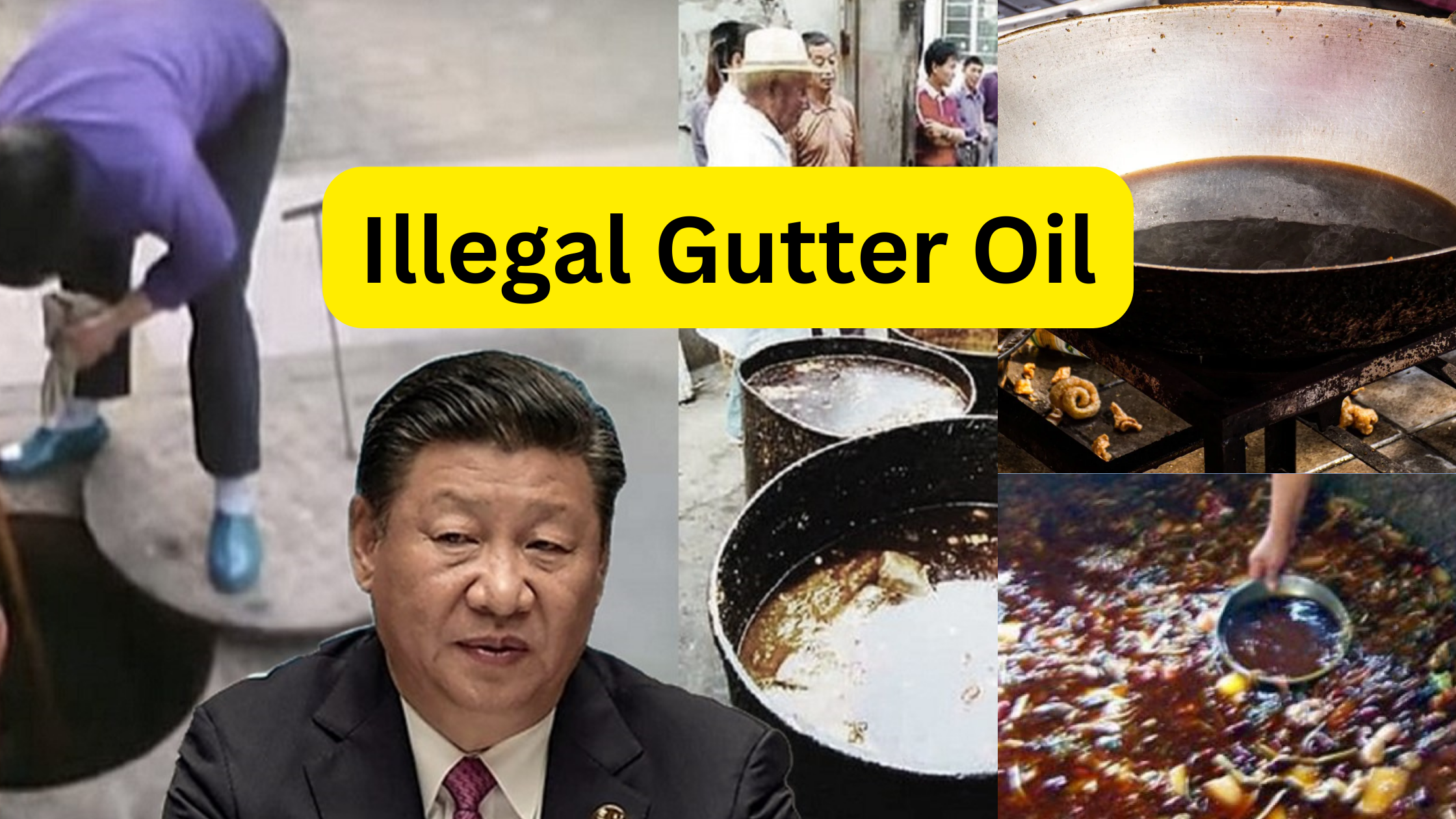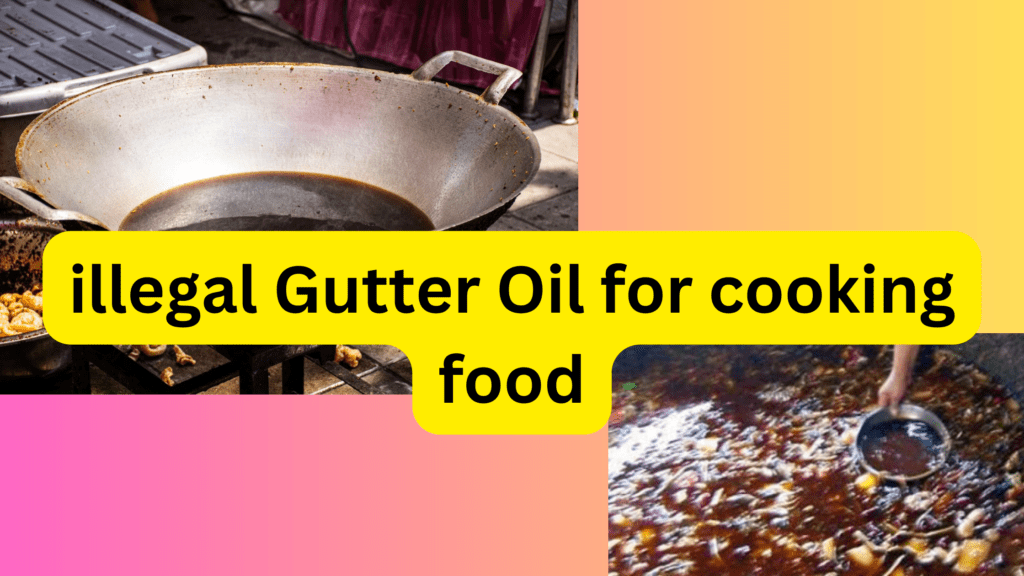DayDreamWrites
We are Thrilled to get Amazing Food Recipes to You.


Is there any serious risk to food safety and public health when illegal Gutter Oil for Cooking food in China. Although not all restaurants engage in this illicit activity, there have been reports of recycled waste oil—including illegal gutter oil—being used. The purpose of this article is to examine the risks involved with using gutter oil that has been obtained illegally for cooking as well as the steps should be taken to address this immediate problem.
Illegal gutter oil is cooking oil that has been illegally recycled from waste oil, sewage, or other unsanitary sources and resold for cooking. This illegal business frequently entails collecting used oil from drains, grease traps, or sewage, which is then treated, purified, and repurposed as cooking oil for restaurants and street vendors.
Because of its filthy origins, illicit gutter oil offers major health hazards, as it may contain hazardous substances such as heavy metals, carcinogens, and microorganisms. Its use jeopardizes food safety standards and can result in a variety of health risks for consumers, making it a major worry for public health officials and regulatory bodies.

Using recycled waste oil collected from several sources, such as restaurant waste, sewage, and industrial runoff, is the practice of illegal gutter oil cooking. This oil is processed using crude techniques and may include dangerous materials like polycyclic aromatic hydrocarbons (PAHs) and heavy metals, which can seriously endanger consumers’ health.
Polluted gutter oil can cause a number of health concerns, such as damage to internal organs, digestive disorders, and a higher chance of developing cancer. Gutter oil contains heavy metals like lead and cadmium, which can build up in the body over time and result in long-term health problems. In addition, gutter oil use is made much riskier by the carcinogenic qualities of PAHs.
Not only does using gutter oil in restaurants go against moral principles, but it also goes against Chinese government rules pertaining to food safety. Some businesses nevertheless utilize gutter oil in order to save money in spite of these restrictions. Governmental organizations are aggressively attempting to crack down on the manufacturing of illegal cooking oil, such as the Chinese Ministry of Public Security.
In recent years, there has been a greater effort to stop unlawful gutter oil cooking. Large-scale initiatives, such as the Ministry of Public Security’s 2011 raid, have led to the arrest of numerous people engaged in illicit oil operations. In a similar vein, the government’s will to address this issue was demonstrated in 2014 by the dismantling of significant sewage oil processing rings.
Consumer watchdog organizations play an important role in protecting consumer rights and promoting public health by campaigning for stricter food safety rules and regulations. They conduct investigations to identify businesses engaging in illegal practices such as the use of illicit gutter oil, work with law enforcement agencies to ensure that existing regulations are followed, and educate the public about the dangers of consuming contaminated food products. These organizations assist protect customers by holding corporations accountable for their activities and campaigning for stronger regulations. They also advocate the development of safer food production and handling techniques.
In conclusion, there are significant dangers to food safety and public health overall in the whole world not only in China when cooking using illicit gutter oil. The issue still exists in spite of regulations and enforcement actions, underscoring the necessity of ongoing attention and collaboration between governmental organizations, consumer advocacy organizations, and the general public. Together, we can reduce the dangers of gutter oil contamination and make sure that everyone is eating safer food.
[…] more tamarind chutney over the yogurt-chickpea […]